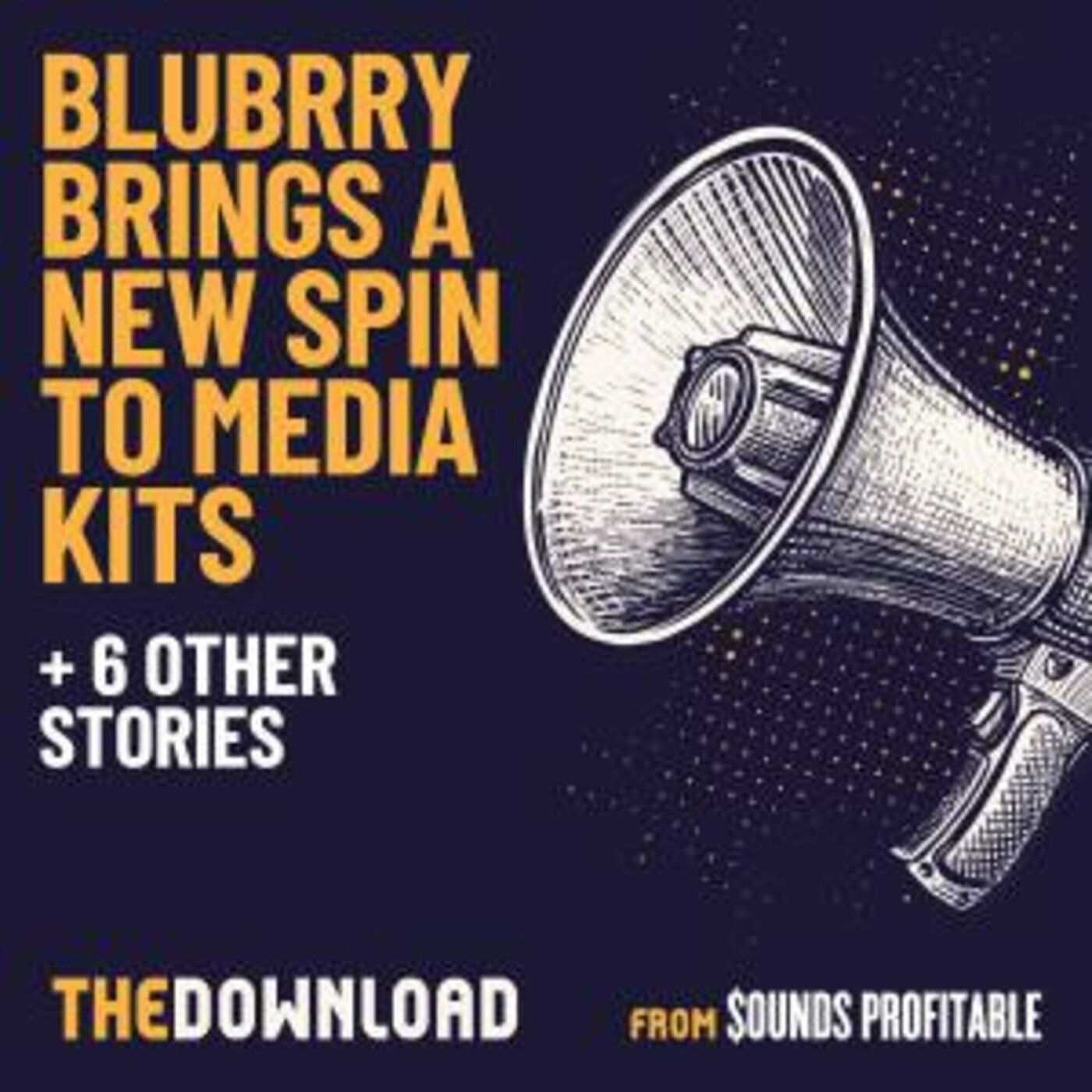Podcast Episode Details
Back to Podcast Episodes
Blubrry Brings A New Spin To Media Kits & 6 more stories for July 14, 2022
Episode 30
This week on The Download: Blubrry brings a new spin to media kits, Twitter’s building a podcast player, TargetSpot expands into Latin American audiences, Overcast’s creator has beef with how podcasters use DAI, and Anchor’s co-founder finds RSS standards restrictive to innovation. While a significant portion of the United States was recovering from an excessive amount of explosive devices used over the holiday weekend, Blubrry announced a new way for podcasters to present themselves to potential sponsors and partners. “Blubrry is introducing a podcasting industry first by providing all Blubrry paid customers a podcast media kit that updates daily with information you choose to include. The kit includes data you provide, podcast statistics and audience survey results.” Data points that can be included in the kit range from simple unchanging data points like website or show start date to granular things like social media follower counts, average monthly downloads per episode, and Blubrry audience survey results. While not technically a media kit, this is a great step forward in helping arm podcasters with useful information they can give advertisers interested in evaluating their show. While lacking in the usual collection of logos and information ephemera a true media kit designed to be attractive to press, this sort of media kit 2.0 cuts down on a fair amount of repeat labor. To The Download’s knowledge this is the first time a hosting company has automated this process and included actual download statistics in the package. Usually the process is a tedious manual one that requires regular updates by either the show runner or their representation to pull each data point. Kudos to Blubrry for being the first to market with this dreamed-of feature. Once again we bring news of a social media platform showing interest in podcast integration, but this time it feels more legitimate. Frontend engineer and code researcher Jane Manchun Wong did some digging. In her to-the-point tweet she announced: “Twitter is working on in-app Podcast player.” Attached to the tweet is a screen recording of the new player in action, showing Wong clicking on show art for Office Ladies, which prompts a new podcast player overlay. For the younger folk in the room, it’s worth noting that Twitter didn’t spring forth fully formed into the world. In its primordial form the service was originally Odeo, a 2005 attempt at what we’d call a podcast social media network today. Podcasting is literally in Twitter’s DNA. This Monday Podnews shared an announcement from TargetSpot concerning a promising step towards diversifying podcasting further. The adtech company is opening a Latin American-focused office in Miami, Florida under the leadership of Angelica Potes. Chief Revenue Officer Alexandre Ouhadi said: “We are glad to finally be physically present in the Latin American Market. We have created amazing partnerships with big name publishers. This is the right moment to officially go live. Audio is growing rapidly, so it’s a great opportunity for advertisers to leverage their digital media budget through this engaging medium.” Diversity in language, ethnicity, and geographical location is how the podcast industry expands. Hispanic/Latino creators are incredibly well represented in podcasting in comparison to the overall US population. Providing revenue opportunities for those audiences provides the ability for new businesses to be built to capture that revenue. This is good growth for the industry. On Tuesday Marco Arment, creator of podcatcher Overcas
Published on 3 years, 5 months ago